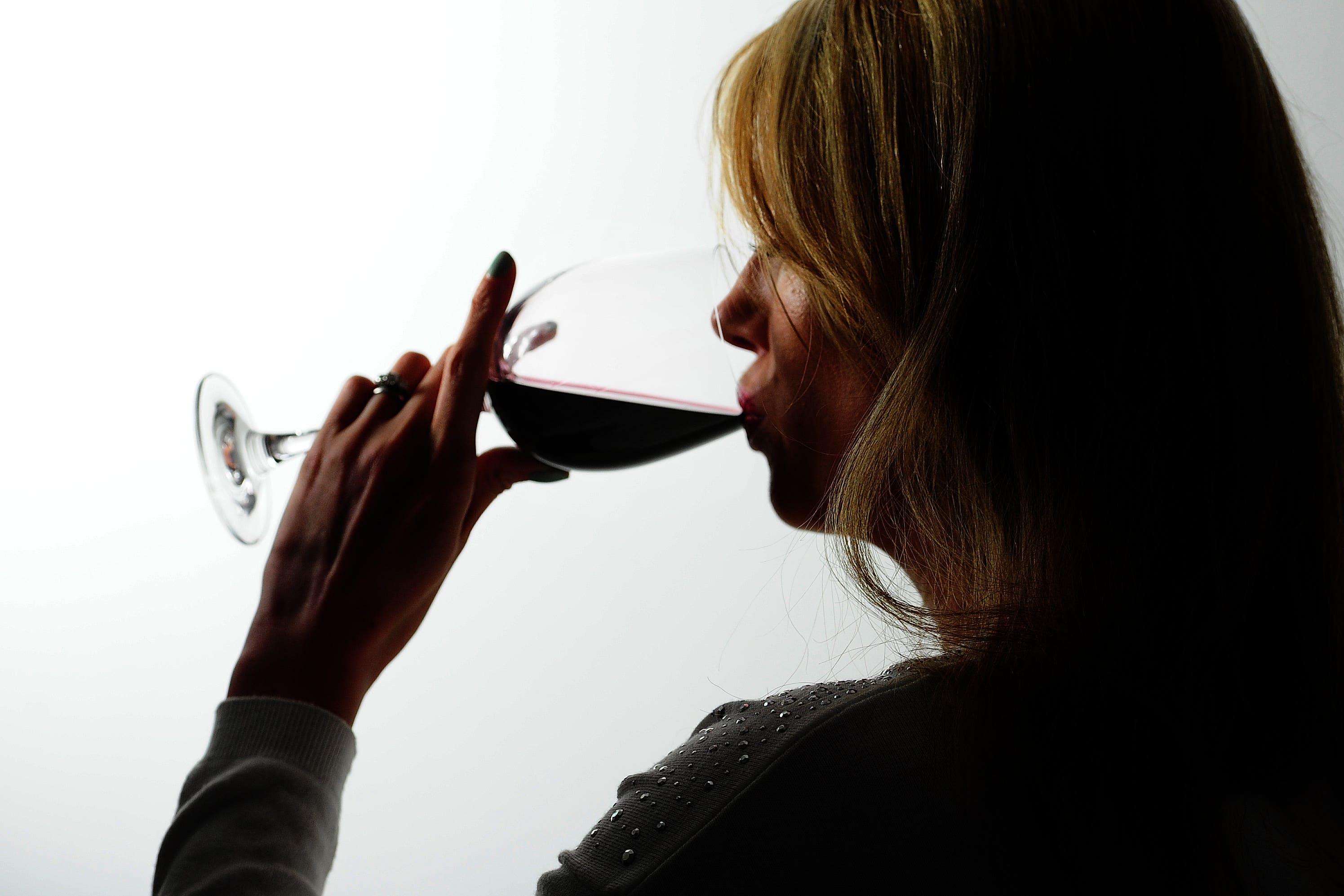Almost 5,000 needle and drink spiking incidents reported to police in one year
The National Police Chiefs Council has released data for the 12 months to September.

Almost 5,000 cases of needle and drink spiking incidents were reported to police over the course of a year, the National Police Chiefs Council (NPCC) has said.
Some 4,924 reports were made to UK police forces in the 12 months to September, and, among the 800 tests carried out so far, the most common drugs detected were cocaine, ketamine and MDMA.
However, only 3% of cases were found to “contain a controlled drug which supports a spiking incident”.
Behind each of these reports is a frightened victim whose night out has turned into a nightmare
The NPCC said this low percentage reflects the fact drugs may no longer be in an alleged victim’s system by the time the test is taken.
The results of some samples may also be uncertain due to the presence of medicinal and recreational drugs taken by the complainant, it added.
Their figures showed the most common incident reported to police was spiking by needle, with 2,581 alleged cases, closely followed by drink spiking at 2,131 cases.
Some 212 reports were made concerning “other spiking” – for example in cigarettes and food.
The NPCC’s lead for tackling violence and against women and girls, Deputy Chief Constable Maggie Blyth, said police have “increased action” against spiking through measures like having undercover detectives in bars.
She said: “Behind each of these reports is a frightened victim whose night out has turned into a nightmare.
“I know from talking to victims of spiking how utterly terrifying it can be.
“Police forces have increased action against spiking, with uniformed and covert operations in bars and clubs, working alongside venues to prevent and investigate spiking.”
Ms Blyth added that spiking is a “complex and challenging” offence to investigate because drugs pass through the system quickly, meaning there is often limited evidence.
Ahead of New Year’s Eve parties, police have advised anyone who is concerned that they could have been spiked to report the incident as quickly as possible.
Bookmark popover
Removed from bookmarks